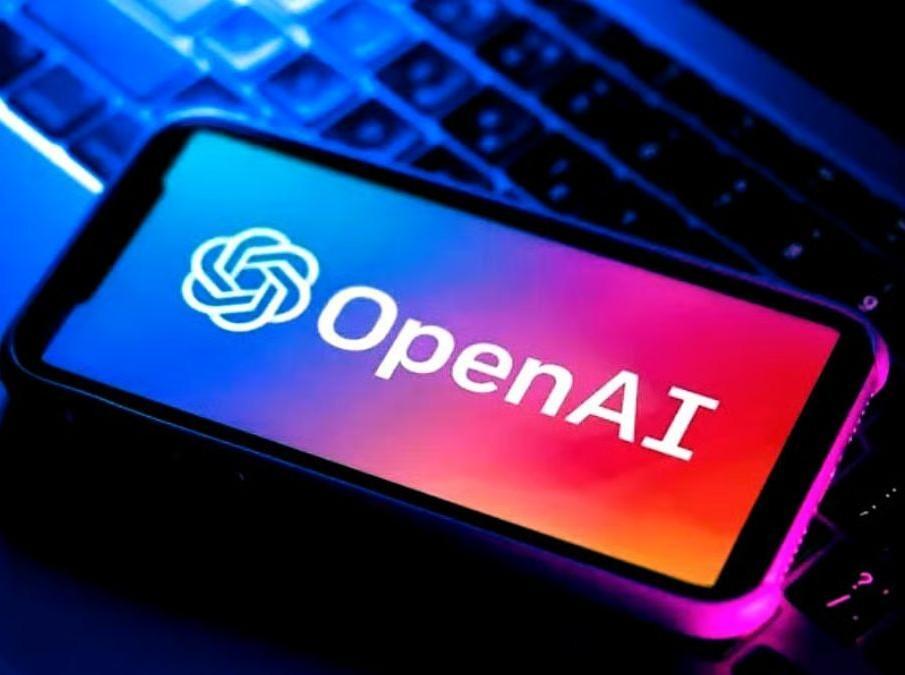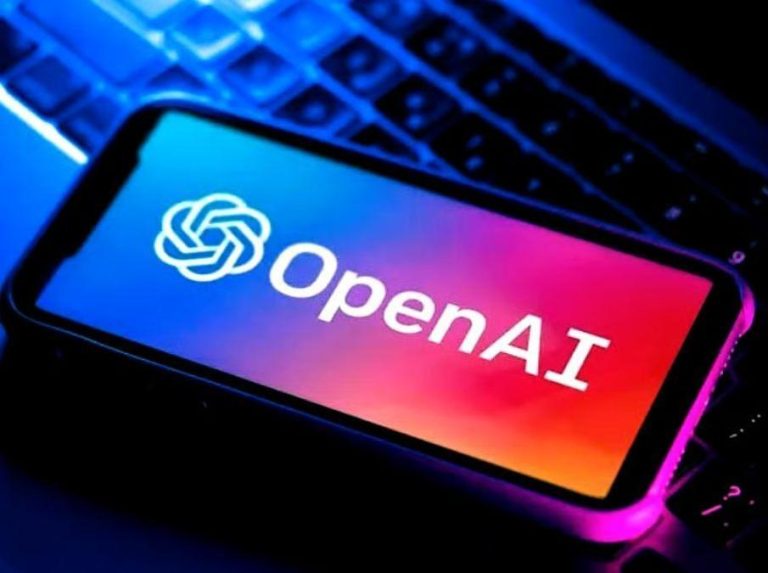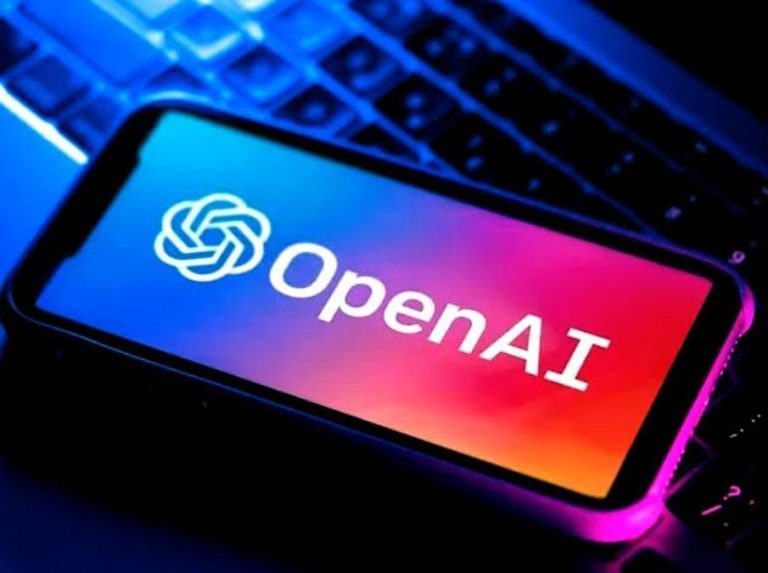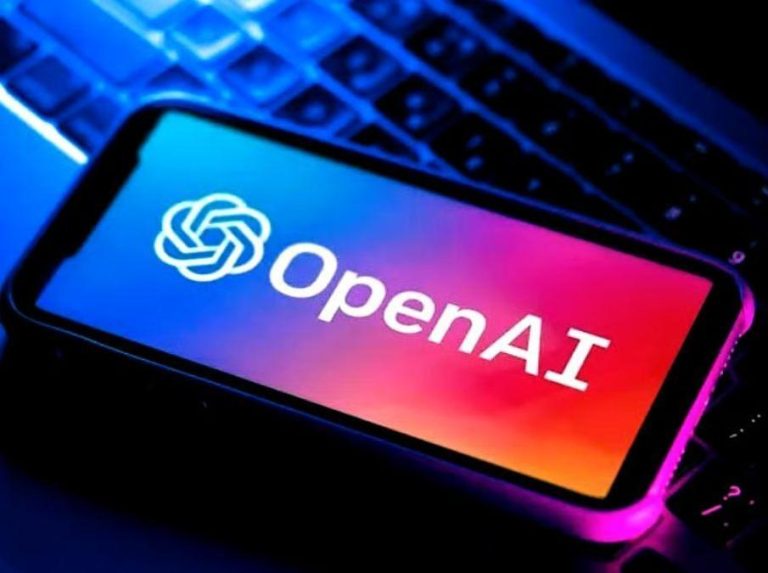
OpenAI Releases Downloadable AI Models for Public, Offline Use
In a groundbreaking move, OpenAI has released two AI models, gpt-oss-120b and gpt-oss-20b, allowing anyone to download and run the full model on their own computer. This marks the first time since 2019 that the company has made its AI models available for public, offline use. This means that users have complete control over the AI models, without needing internet access, expensive subscriptions, or even asking OpenAI’s permission.
The release of these AI models is significant because it democratizes AI development and usage. Previously, users had to rely on cloud-based services or expensive hardware to access AI models. This limited the potential applications of AI and made it inaccessible to many individuals and organizations. With the release of these downloadable AI models, anyone can use them without being tied to the internet or relying on third-party services.
The two AI models released by OpenAI are:
- gpt-oss-120b: This model is a 120-billion parameter model that is capable of generating human-like text. It is based on the transformer architecture and is trained on a massive dataset of text from the internet.
- gpt-oss-20b: This model is a 20-billion parameter model that is also based on the transformer architecture and is trained on a dataset of text from the internet.
The models are designed to be used for a variety of applications, including language translation, text summarization, and chatbot development. They can also be used to generate creative content, such as stories, poems, and dialogues.
The benefits of these downloadable AI models are numerous. For one, they allow users to process sensitive data offline, without sending it to the cloud. This is particularly important for organizations that handle sensitive data, such as financial institutions or healthcare providers.
Another benefit is that users have complete control over the AI models. They can modify them to suit their specific needs, without being limited by the constraints of a cloud-based service. This allows for greater flexibility and customization, which can lead to more accurate and effective results.
Furthermore, the release of these AI models is a significant step towards making AI more accessible and affordable. No longer do users need to rely on expensive hardware or cloud-based services to access AI models. This makes AI development and usage more inclusive, and can lead to a wider range of applications and innovations.
The release of these AI models is also significant because it marks a shift in OpenAI’s approach to AI development. Historically, OpenAI has focused on developing AI models that are controlled by the company itself, using cloud-based services and proprietary algorithms. The release of these downloadable AI models represents a significant departure from this approach, and marks a new era of openness and collaboration in AI development.
The news of OpenAI’s release of these downloadable AI models has sent shockwaves through the AI community, and has been met with widespread excitement and enthusiasm. The potential applications of these models are vast, and have the potential to transform industries and revolutionize the way we live and work.
In conclusion, the release of OpenAI’s downloadable AI models is a significant development in the world of AI. It marks a new era of openness and collaboration in AI development, and has the potential to democratize AI usage and development. With these models, anyone can access and use AI without being tied to the internet or relying on third-party services. This is a game-changer for AI development and usage, and has the potential to lead to a wide range of innovations and applications.





